China, where everything is possible, but nothing is easy
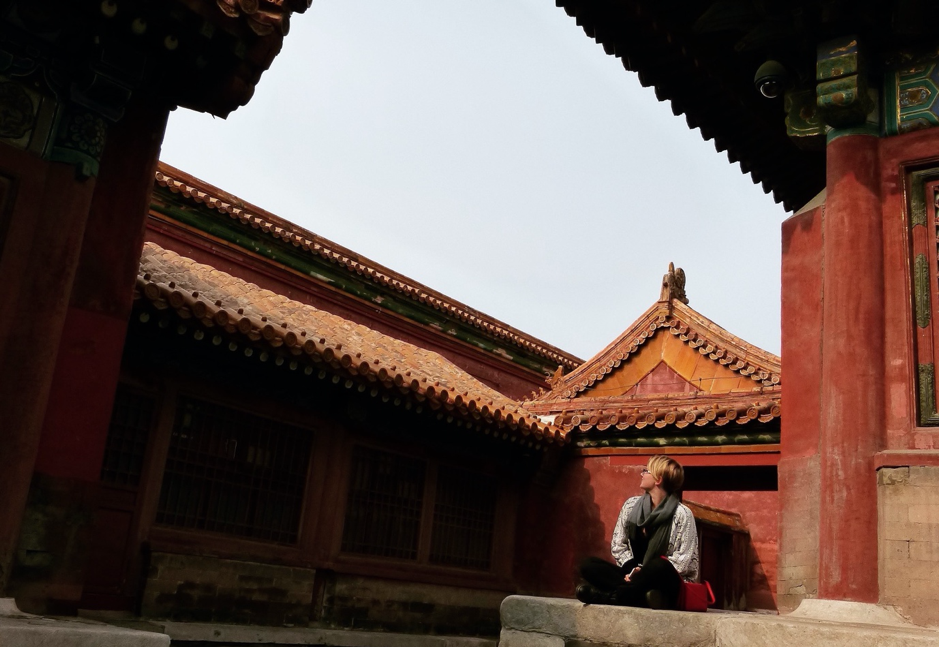
(Photo by Luisa Gonzalez Boa)
The first word that springs to mind when I read or see anything related to China is home.
China was many different things: it was an experience that changed the way I perceived life, a big step out of my European comfort zone. It was also a journey full of challenges and obstacles, a paradise for foodie lovers, in my opinion.
Since 2017, I have been connected to China through my exchange program and studies, but after submitting my thesis last week, I now feel that my connection is slowly fading away. With this nostalgic feeling, I decided to reflect on my time in China, and write the life lessons I gained from my time there during my first year at the Sino-Danish Center.
In past years, I’ve come to appreciate the saying if it’s meant to be it’ll be. Not in the sense that I’m hiding behind pure laziness thinking things will materialize without any work or effort, but if something goes wrong, I usually think that it is generally for the best. In this case, because I failed an exam during my first year, I had to apply for exchange in the second round. By then my dream destination (South Korea) was unavailable, so I applied to any other place in Asia and ended up in Beijing. The story repeated itself in 2018. I listed my MSocSc at SDC as my first priority, but a month later I was considering eliminating it again, as moving again to China was too much of a hassle. While thinking about it, I got my acceptance letter – nothing much I could do other than embrace the new opportunity I had been given and pack up everything again.
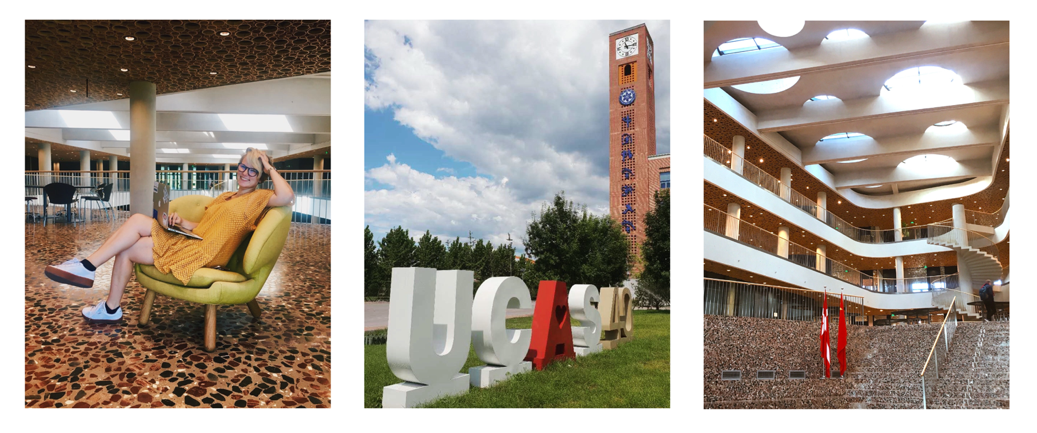
From business to political science
First things first: what are institutions? This was the first question we were asked in our first lecture – and to this day, we still have no answer. The change from my BSc in Business to a MSocSc in the field of political science was abrupt. I knew nothing about the theories or concepts in this field, and that made my studies both exciting and frustrating.
When applying for my master’s degree, I realized that suddenly changing to a new field wouldn’t benefit my career, as I could never match the experience of others who had completed a bachelor’s in the field. However, I was very unhappy studying business, and I knew I needed a change. And honestly, one semester in China learning about things I cared about, writing about topics that I felt passionate about and sharing ideas with others truly enhanced my learning experience (it is amazing how much we can learn when we actually put in the effort, huh…). My grades also reflected it. I went from barely 4s and 7s to 10s and 12s, and that inspired me to pursue a PhD, something I had never considered before. It also took me down paths I never expected such as the United Nations, an embassy or the European Commission – which is where I am taking a traineeship now.
I am very grateful that SDC gave me the opportunity to join this program that taught me my first lesson: it is never too late to change your career direction if you put your heart into it.
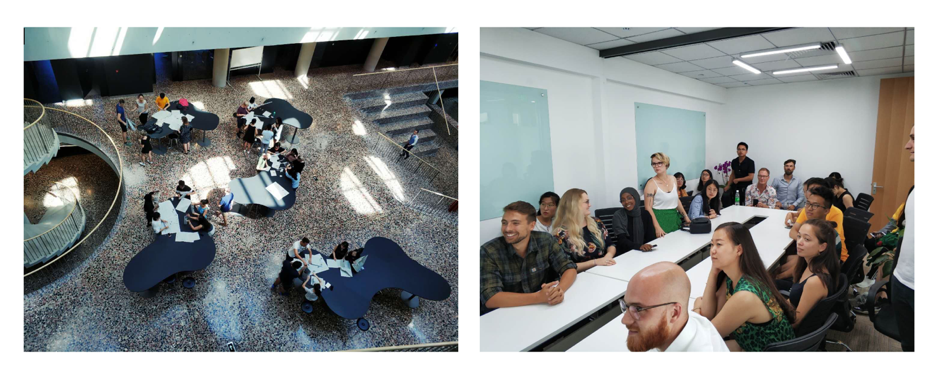
Patience is a virtue, they said
I think it is nothing but curious how little control we have over destiny sometimes. In the case of China, all the time. After I moved away, the first thing I realized was how China tested all my limits. Life in China was “new day, new lesson”, even the days when you just don’t want to learn anything.
It is not that things go wrong per se, but that instead of explaining how things work, they let you learn from experience. It is more fun that way anyway, right? I have cried in a phone store out of frustration because they couldn’t understand I had no data after paying CNY 100. I have showered in buckets because the pipes were broken for two full weeks on campus. I have been left without AC on a hot night because no one told us to put money for electricity on our student card. I got a bank account in a bank that didn’t support accounts for foreigners so I could never use it, waited for buses that never came, ate cow stomach because the menu was only in Chinese, and many more things… but you get the point.
We encountered many moments where things didn’t go according to plan. And, honestly, the key is to let it go. Inconveniences will happen quite often in China, and after testing your limits, you will work out how you want to respond. I became more patient and calmer. It was not even a matter of willingness; it was a matter of survival. If we let any tiny inconvenience get on our nerves, we wouldn’t have been able to enjoy a single moment. We learnt how to adapt and accept because so many things were beyond our control.

How happy I was
Ironically, the second thing I realized was how happy China made me. Every now and then, I’d stop in the middle of whatever I was doing, and I’d think to myself: I can’t believe I live in China. Some of my past articles might have portrayed me as someone who did not have a good experience in China, which is far from the truth. While cohabiting with censorship and authoritarian behavior was not easy for me, China is, up till now, my favorite place. China is bigger than Europe and has twice as many people, so it is hard to generalize, but I loved every place I visited. It is hard sometimes to explain to others why I liked it so much, or why I was so happy despite all the inconveniences explained above. Even right now, I am struggling to put it into words. Living in China gave me a feeling of wholesomeness, of being accepted in a place where I don’t even speak the language. It gave me inner peace and changed my perception of things. Suddenly, as an individual, you don’t matter so much anymore. Suddenly you are part of something bigger.

China is amazing, but it is not for everyone
The last thing I want to talk about is: don’t take things for granted. There are many features of our daily life in Denmark that we have interiorized as given. Reliable public transport, hygiene standards in restaurants, organization, basic traffic rules, certain kinds of toilets, people respecting queues, personal space, clean air and quietness, to name a few.
These are not always present in China. The metro works quite well, I have to admit, but forget about the rest. Crossing the streets is a wonderful way to risk your life, and depending on where you go, cleanliness is very much not a given. Get ready to squat in toilets and always remember to bring a pack of tissues wherever you go. I sometimes even brought a mask to wear to minimize the smell if I had to use train station toilets – however having a mask now is something we are all used to. Also don’t get scared when people scream at the waiters, it is actually the way to get their attention. And yes, taxi drivers will open the windows to spit, get used to it.
China is not for everyone. For instance, neither my family nor my friends who came to visit me during my exchange understood why I wanted to move back for my master’s. And that’s also fine. We can’t all be happy everywhere. It’s not in our nature. But if you are willing to give up certain comforts from life in Europe and want to explore new places, China is the place for you.
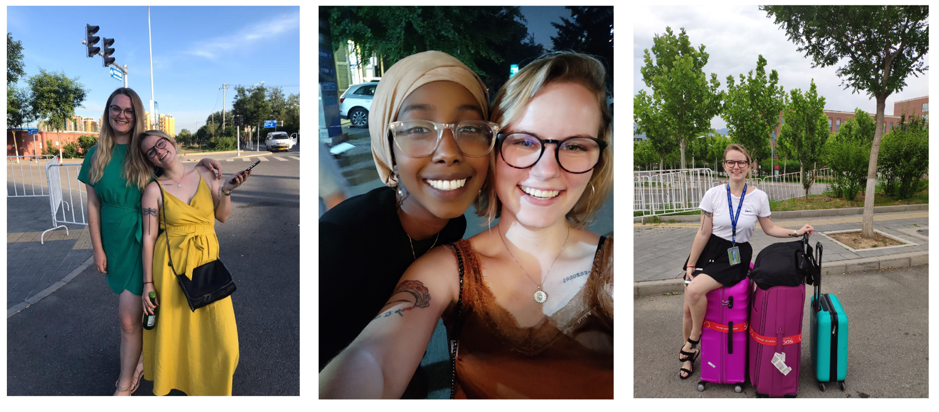
As my heading suggested, in China everything is possible, but nothing is easy. China was personal growth, chaos, challenges and victories. I went to bed not knowing what to expect the next day. And despite it all, I’d move back in a second. Now I am in cold Brussels dreaming of those amazing hotpot nights followed by some KTV, beers and inexpensive taxi rides back to our Airbnb of choice. Those days where you just want to go for a quiet walk in the park only to find out a group of nice old ladies dancing. Days where you wake up and feel you have a world of possibilities ahead.
Whatever happens, wherever I go, I’ll always carry a piece of China with me.
中国, 后会有期!*
*(Zhong guo)hòu huì yǒu qī: meaning “(China), I hope we’ll meet again someday”, used when you don’t know for sure when you’ll meet again.

(Photo by Luisa Gonzalez Boa)



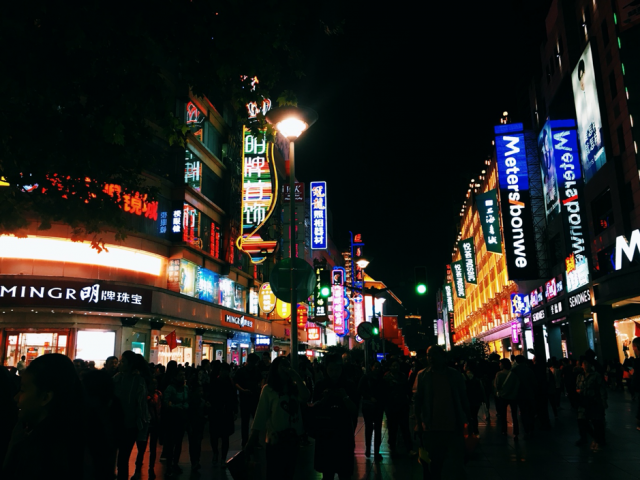
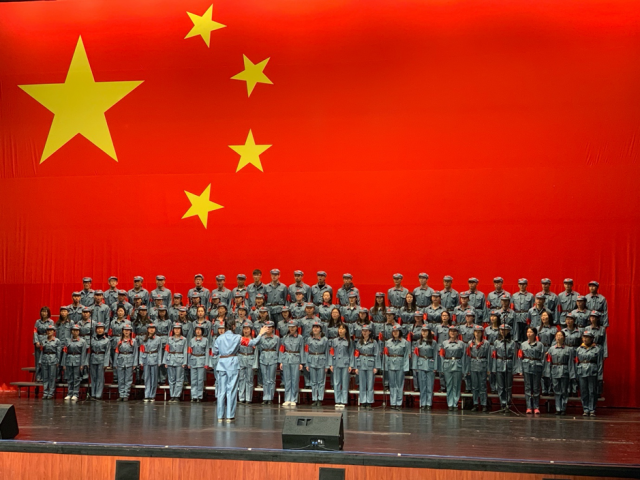
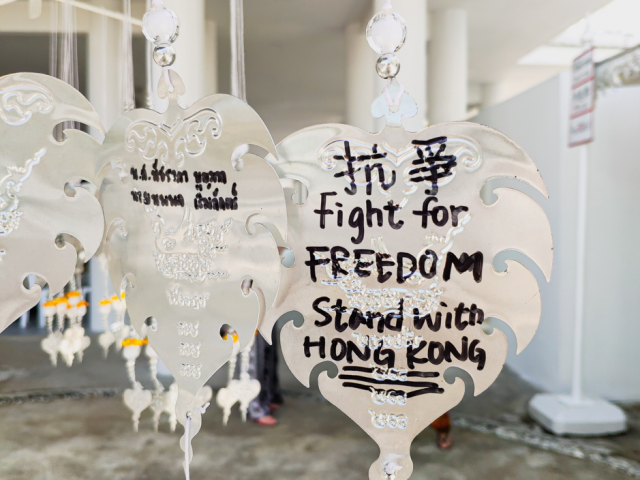
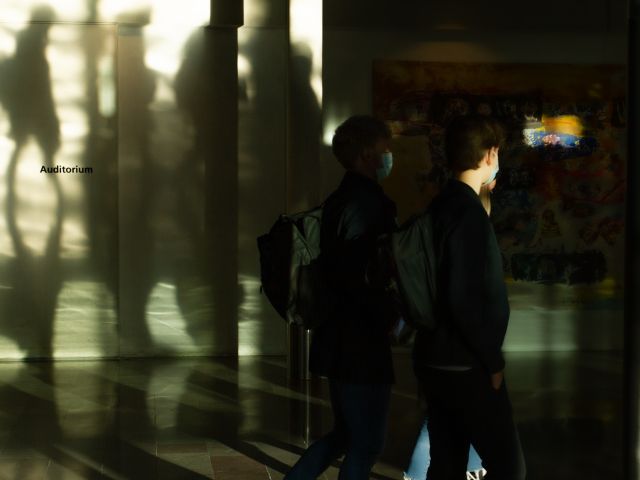
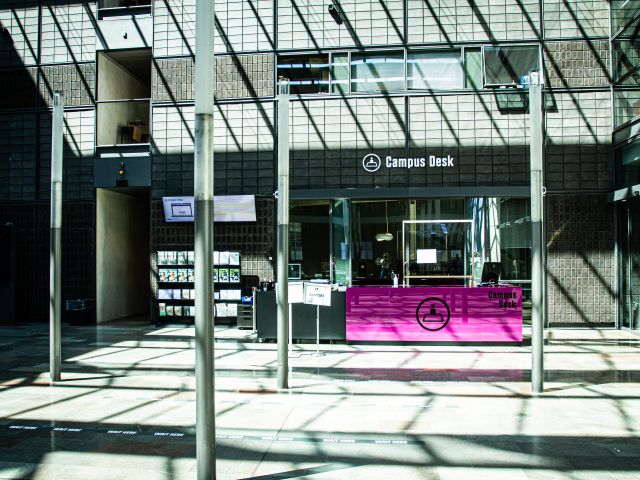





























































































































Comments